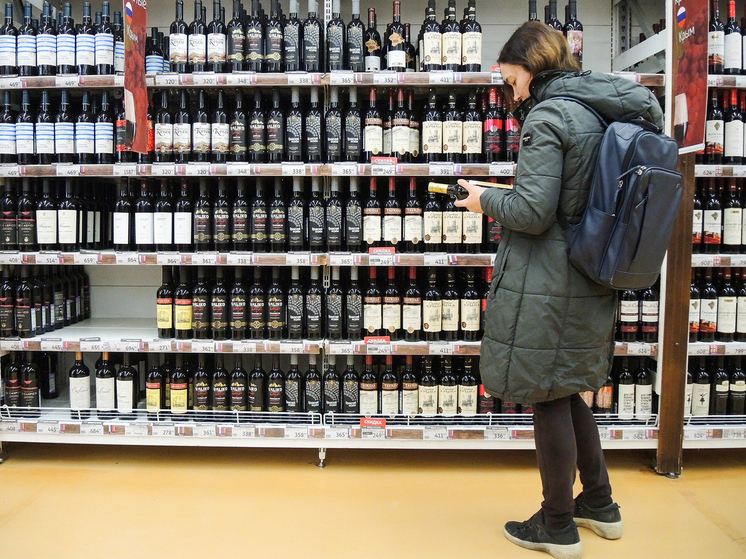Pavel Shapkin: “Consumers will sweep inexpensive drinks off the shelves”
In Russia, excise taxes on wine may increase more than three times. According to the draft amendments to the Tax Code, from May 1, 2024, the rate will rise from 34 to 108 rubles per liter. True, this is just a plan for now, but since the Ministry of Finance made such a proposal, most likely it will be accepted. And if so, then we can officially call 2024 the year of a large-scale transformation of the wine market. As a result, the most budget imported still and sparkling drinks will rise in price: from four hundred rubles per bottle to 1,000 rubles, and those that cost a thousand will cost one and a half. Meanwhile, consumers will rush to sweep their favorite drinks off the shelves at old prices. The head of the Center for the Development of National Alcohol Policy, Pavel Shapkin, spoke about this in an interview with MK.

— The Ministry of Finance kept information about such indexation secret. The amount of excise taxes payable on excisable goods is included in the VAT tax base. Now the excise tax is 34 rubles per 1 liter of wine, but it will be 108 rubles. In the cost structure of a budget drink, excise tax and VAT will now account for about 130 rubles. Accordingly, the increase in bottle prices will be such that it will be difficult for the consumer not to notice it. In addition, the second reading of the draft amendments to the Tax Code may bring new surprises. It cannot be ruled out that the excise tax will be pumped up even more.
— The difference in the amount of excise taxes for Russian and imported wines is colossal. Let me remind you that since August, the rates of import customs duties on imported wine from unfriendly countries have already been increased from 12.5% to 20% (but not less than $1.5 per liter). And you know what the dollar exchange rate is now (almost 98 rubles). Yes, the duty is temporary — until the New Year, but as we know, there is nothing more permanent than temporary. Let me emphasize that if the duty applies to wine only from unfriendly countries, then the excise tax will affect everyone without exception. Drinks from South Africa, Argentina, and Georgia, which have now become the leaders in imports to the Russian Federation, will become more expensive. Meanwhile, for Russian producers there is a “reverse excise tax”, or deduction. Having confirmed that the wine was produced from Russian grapes, the manufacturer receives a refund of most of the excise duty payment (34 rubles for still wines and 45 for sparkling wines). In fact, a Russian winemaker pays 1 ruble per liter. Yes, excise tax rates for them will also increase, but they will pay about 8-9 rubles per liter of wine, and not 130, like foreign producers. It turns out that they will pay 14 times less.
— If! An increase in excise taxes will trigger a whole chain of price increases. Next, trade markups and others will come up. Ultimately, a bottle of budget imported wine on the counter will increase in price by about 300 rubles. If now a consumer buys, say, a basic wine from the Vinho Verde region of Portugal or a German Riesling at retail for 450, then in 2024 he will have to pay about 1 thousand rubles for a bottle. This is a huge difference.
— The justification for the project says that as a result the treasury will be replenished by 150 billion rubles. in 2024–2026.
— Of course. This excise tax, which can only come into effect from May 2024, will be included in the price now, and each new import will become more expensive. Plus, it is unknown what will happen to the ruble exchange rate, which affects the duty. As a result, all budget imports are in big question. Most likely, over time it will stop altogether. Purchasing power in Russia is not up to this level. A bottle of wine for a thousand is too expensive for the average consumer. There will be no point in bringing such drinks to the country.
— While stocks will be sold at the same prices we are used to. But on the news of a serious increase in the excise tax, Russians will run to the stores in order to have time to purchase imported wine that is still available. Quite quickly, retail stores will run out of such drinks, and the remaining ones will be sold out.
— That's it. The paradox is that now, when all consumers rush to supermarkets for budget imported wine, the demand for domestic wine will sharply decline. Sales of the product they want to switch Russian consumers to will stop altogether.

